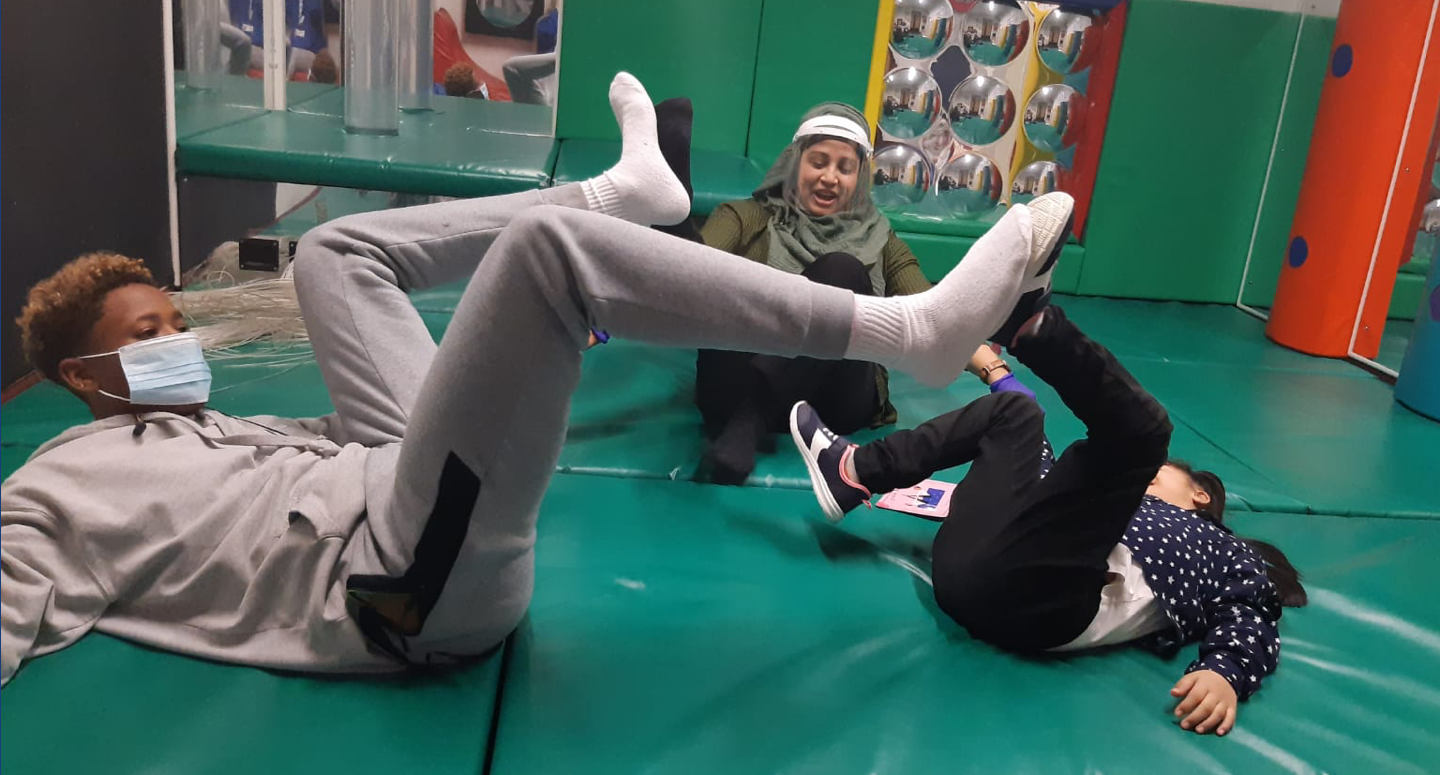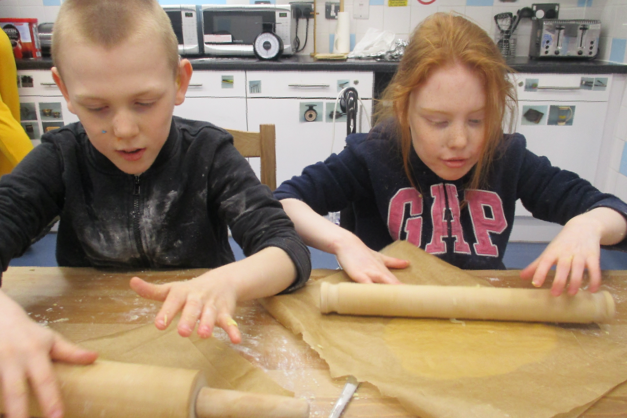11-14 years
Key stage 3
Facts and figures
84
7
66
66
Overview
Between the ages of 11-14 your child’s speech, language and communication development becomes more gradual and increasingly sophisticated. You may notice your child begins using conjunctions such as ‘however’ and ‘meanwhile’ to form longer sentences, starts to express complex thoughts and ideas, and changes topic mid-conversation.
It’s around this age that your child might also begin to experiment with sarcasm as a form of humour and use slang terms when talking to friends. By age 14, most children are able to grasp idiomatic expressions such as ‘don’t put all your eggs in one basket’, hold conversations with adults, and engage with language in a more playful way.

Advice
Help & support


Resources
Discover our range of free online speech, language and communication resources offering tips and resources you can easily apply with your child at home.

Events
Advance your speech, language and communication knowledge, with a professional course or qualification.


